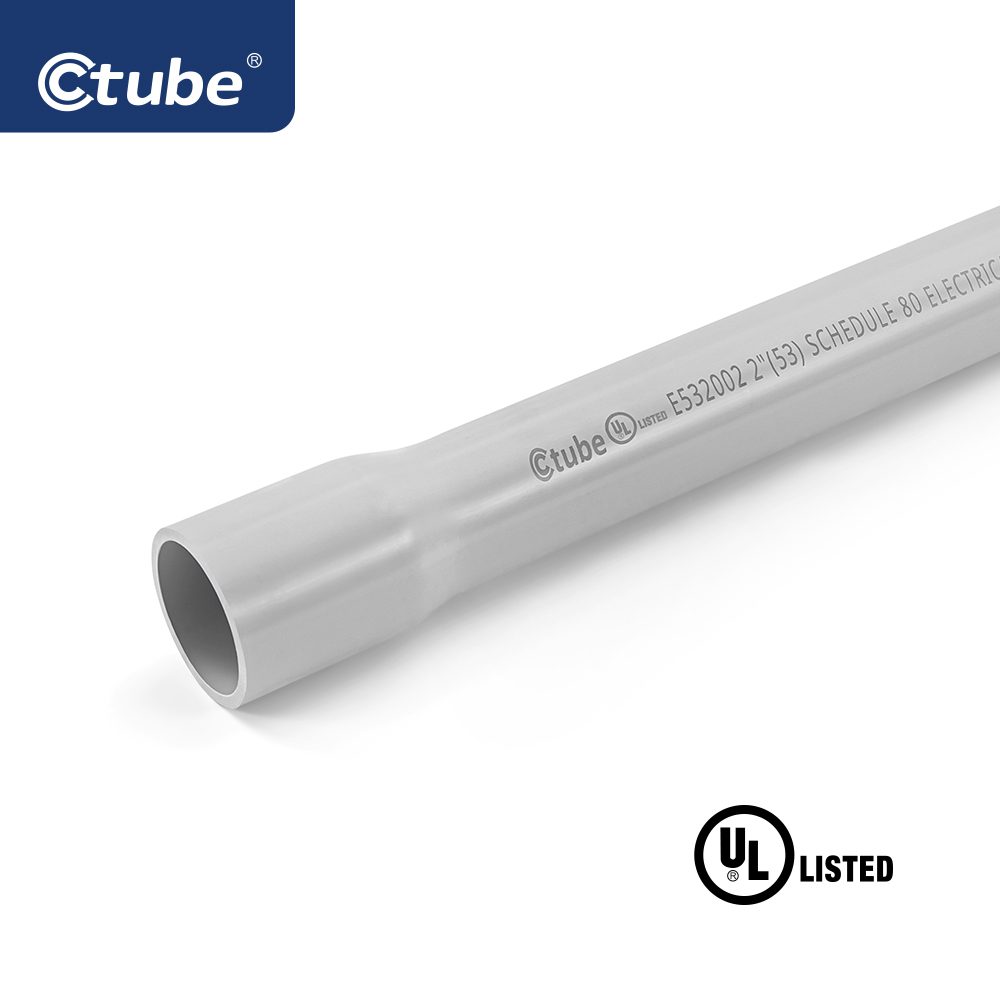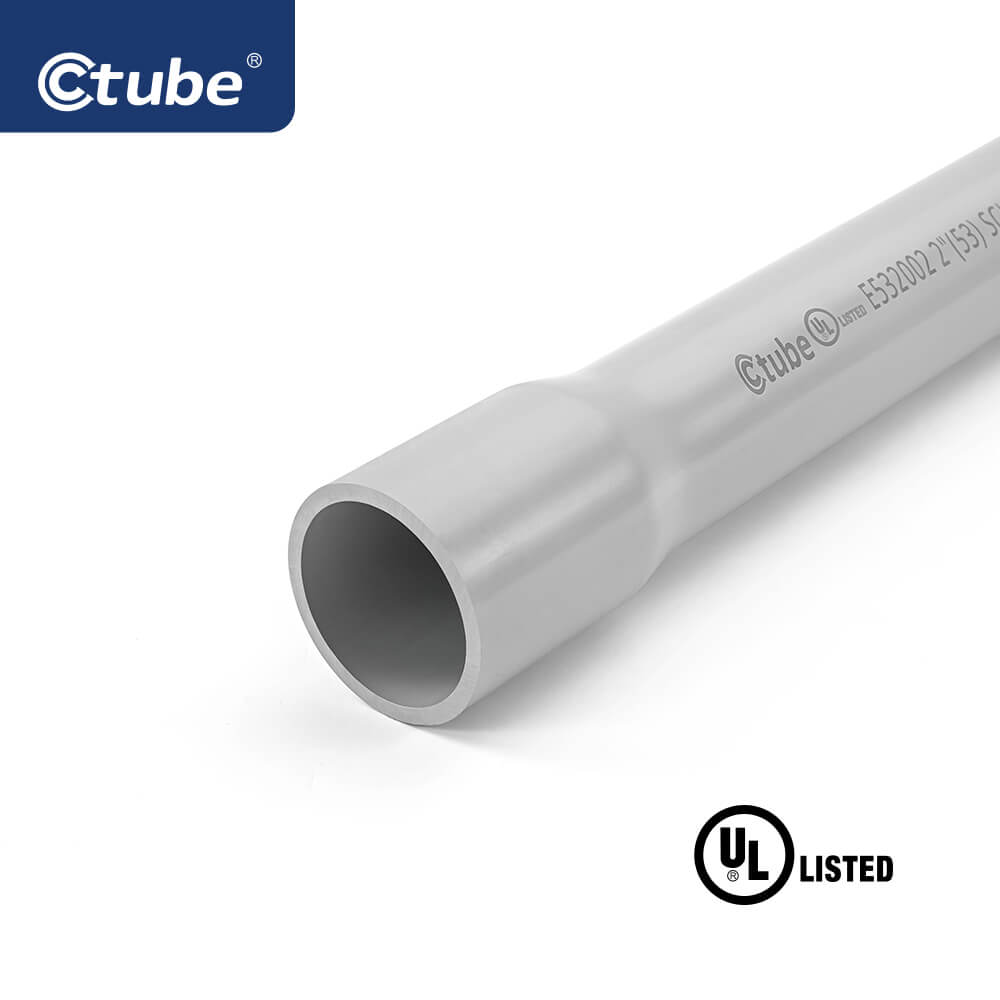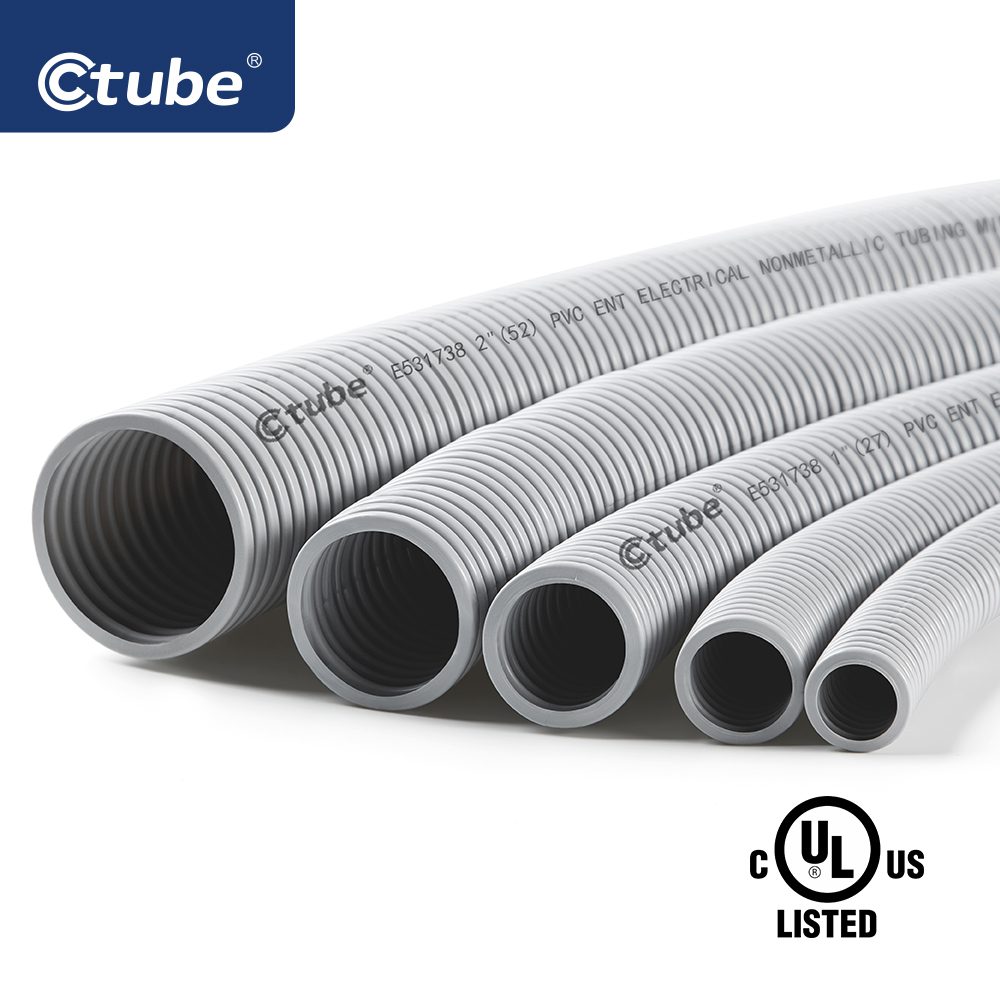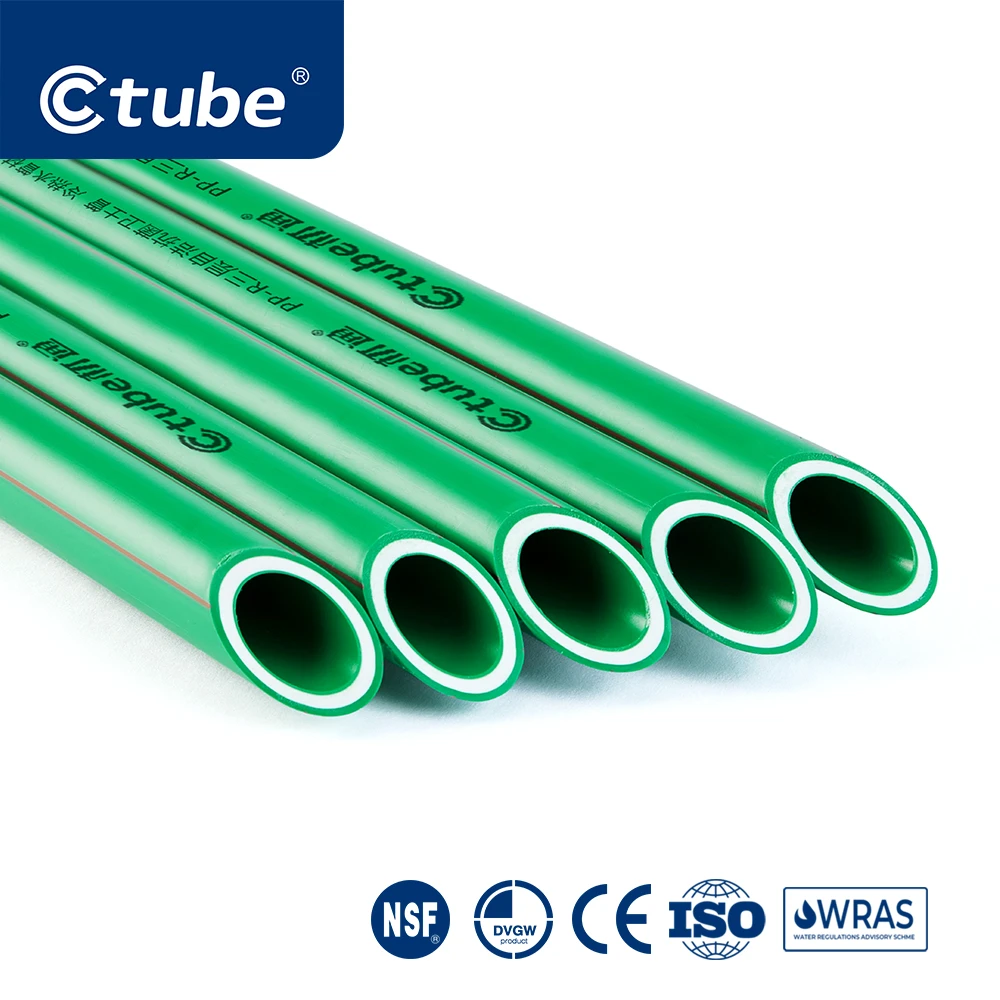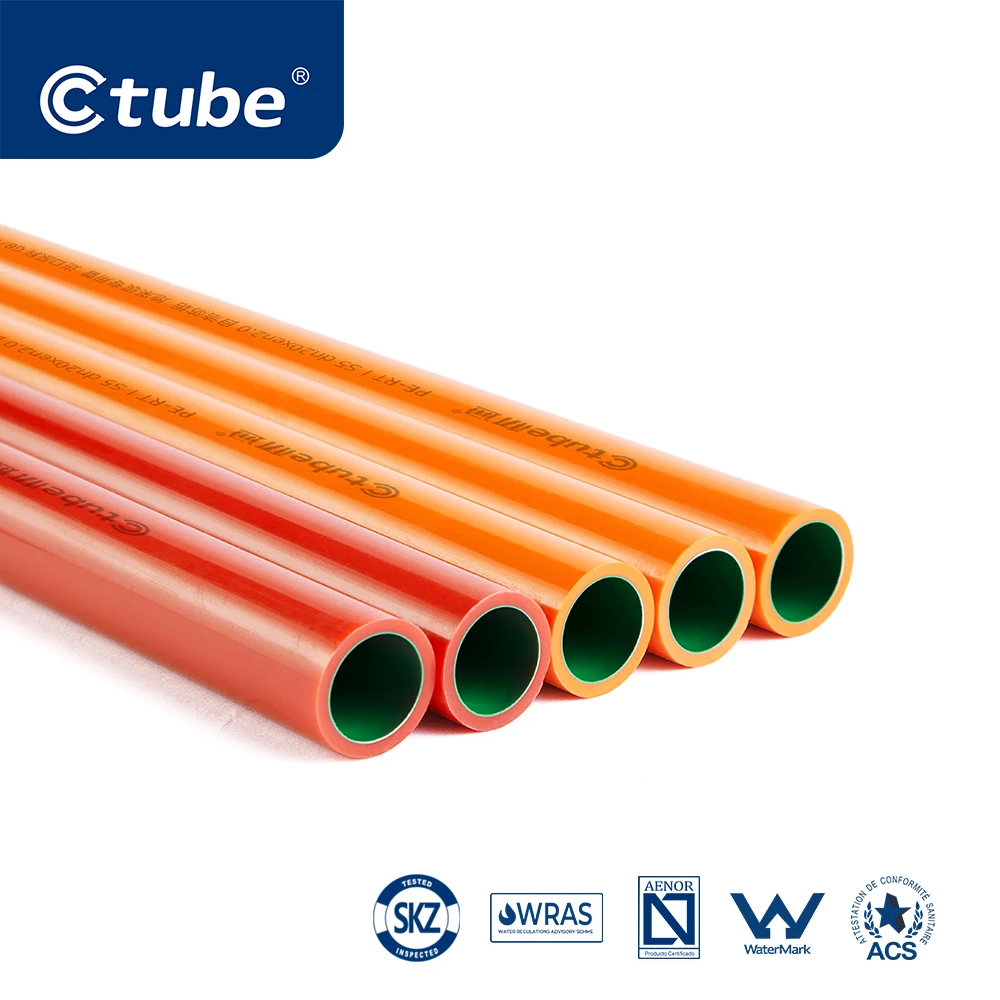PVC electrical conduit is an essential component in the construction of electrical systems, providing a safe and reliable means of protecting and routing electrical wiring. However, with so many different types of conduit available on the market, it can be difficult for contractors and electricians to choose the right one for their project. One way to ensure the quality and safety of PVC electrical conduit is to look for products that are certified by Underwriters Laboratories (UL), a global safety certification company that tests and evaluates products for compliance with various industry standards. In particular, UL651 is a standard that sets requirements for PVC electrical conduit, and this certification is highly sought after by manufacturers, distributors, and contractors alike.
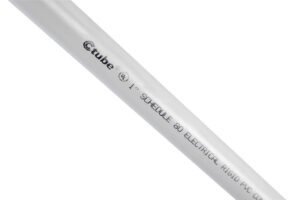
UL651 Requirements for PVC Electrical Conduit
UL651 sets forth a number of requirements that PVC electrical conduit must meet in order to be certified by UL. These requirements cover a wide range of factors, including material properties, dimensions, marking and labeling, and more. Some of the key requirements of UL651 include:
1. Material Properties – PVC electrical conduit must be made from high-quality virgin PVC resin that meets certain minimum requirements for chemical, physical, and mechanical properties. The material must also be free from defects that could compromise the safety or performance of the conduit.
2. Dimensions – PVC electrical conduit must be manufactured to certain minimum dimensions in order to ensure that it can safely and securely house electrical wiring. These dimensions include minimum wall thickness, minimum inside diameter, and minimum outside diameter, among others.
3. Marking and Labeling – PVC electrical conduit must be clearly marked and labeled with information about the manufacturer, product type, and other relevant details. This information must be legible and permanent, and must be located in a visible and accessible location on the conduit.
4. Chemical Resistance – PVC electrical conduit must be resistant to a variety of chemicals and substances that could potentially damage or degrade the conduit over time. These include oils, acids, alkalis, and other common substances that may be encountered in industrial or commercial environments.
5. Flame Resistance – PVC electrical conduit must be able to withstand exposure to fire without igniting or contributing to the spread of flames. This requires that the conduit be made from materials that are inherently flame-resistant, and that it be able to pass certain tests and standards for flame resistance.
Why UL651 Certification is Critical for PVC Electrical Conduit
UL651 certification is highly preferred by industry professionals when it comes to selecting PVC electrical conduit for their projects. This is because UL certification offers several advantages that are important for ensuring the safety and reliability of electrical systems.
Firstly, one of the primary advantages of PVC electrical conduit with UL651 certification is that it has been independently tested and found to meet certain minimum standards for quality and safety. This provides assurance to contractors and electricians that the product they are using is of high quality and will perform reliably over time.
Secondly, UL651 certification is recognized and respected by industry professionals across the globe. This means that contractors and electricians can trust that the product they are using is compliant with industry standards, regardless of where it is being used.
Thirdly, manufacturers who produce PVC electrical conduit that is UL651 certified can differentiate themselves from competitors and win more business as a result. This is because certification provides evidence that the product meets certain minimum standards for quality and safety, which can be a key selling point for customers.
Fourthly, UL651 certification provides liability protection for manufacturers. If a manufacturer produces PVC electrical conduit that is not certified by UL and the product fails to meet certain safety or performance standards, the manufacturer may be exposed to liability. Certification by UL651 provides evidence that the product has been independently tested and found to be in compliance with industry standards, which can help mitigate this risk.
Lastly, PVC electrical conduit with UL651 certification typically comes with a warranty that guarantees the product against defects for a certain period of time. This provides an additional layer of protection for contractors and electricians, and can give them peace of mind knowing that the product they are using is covered in case of any issues.
In conclusion, UL651 certification is critical for PVC electrical conduit, as it provides assurance of quality and safety, is recognized and respected by industry professionals worldwide, offers a competitive advantage to manufacturers, provides liability protection, and typically comes with a warranty. By choosing PVC electrical conduit with UL651 certification, contractors and electricians can ensure that they are using high-quality products that will perform reliably over time, and that they are minimizing their risk of liability.






